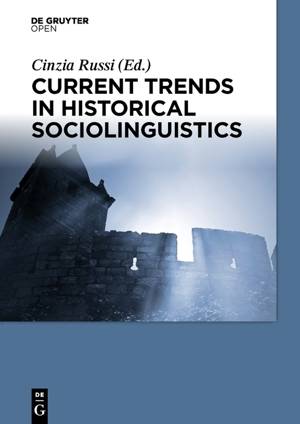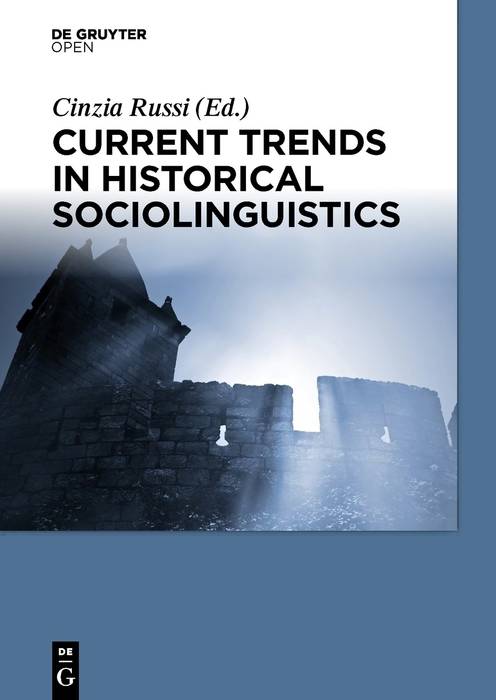
- Retrait gratuit dans votre magasin Club
- 7.000.000 titres dans notre catalogue
- Payer en toute sécurité
- Toujours un magasin près de chez vous
- Retrait gratuit dans votre magasin Club
- 7.000.0000 titres dans notre catalogue
- Payer en toute sécurité
- Toujours un magasin près de chez vous
Description
Historical sociolinguistics has now established itself as a separate independent field of linguistic inquiry, and the impact of its theoretical and empirical advances are reflected in a thriving body of publications of various types. This volume adds to this flourishing array by presenting nine original studies by highly accomplished scholars holding a prominent reputation in the field. The overarching objective of the volume is to call attention to contemporary trends and innovative developments in the discipline and, more generally, to highlight current research on the relationship between sociolinguistics and historical linguistics, social motivations of language variation and change, and corpus-based studies. The overall interdisciplinary nature of the contributions, the variety of languages they examine and the range of themes they address are distinguishing features of the book, which also make it appealing to a wider readership. The general themes covered by the volume include how to define the historical and social dimensions in historical sociolinguistics research, historical second-language use and multilingualism, the role and relevance played by linguistic ideologies and attitudes in language choices, usage, policy (standardization and preservation), and language death. More specific topics addressed are the linguistic strategies employed to convey and defend religious ideology or to heighten the overall persuasiveness of the information provided. Controversial and/or under-researched issues are tackled, such as authorship and gender in the study of private documents, the regularization and standardization of English orthography, and the issue of speakers' awareness of the dissociation between spoken and written language. In addition, several contributions are methodologically linked by employing data from epistolary correspondence.
Spécifications
Parties prenantes
- Auteur(s) :
- Editeur:
Contenu
- Nombre de pages :
- 280
- Langue:
- Anglais
Caractéristiques
- EAN:
- 9783110488395
- Date de parution :
- 10-10-16
- Format:
- Livre relié
- Format numérique:
- Genaaid
- Dimensions :
- 178 mm x 254 mm
- Poids :
- 875 g

Les avis
Nous publions uniquement les avis qui respectent les conditions requises. Consultez nos conditions pour les avis.






